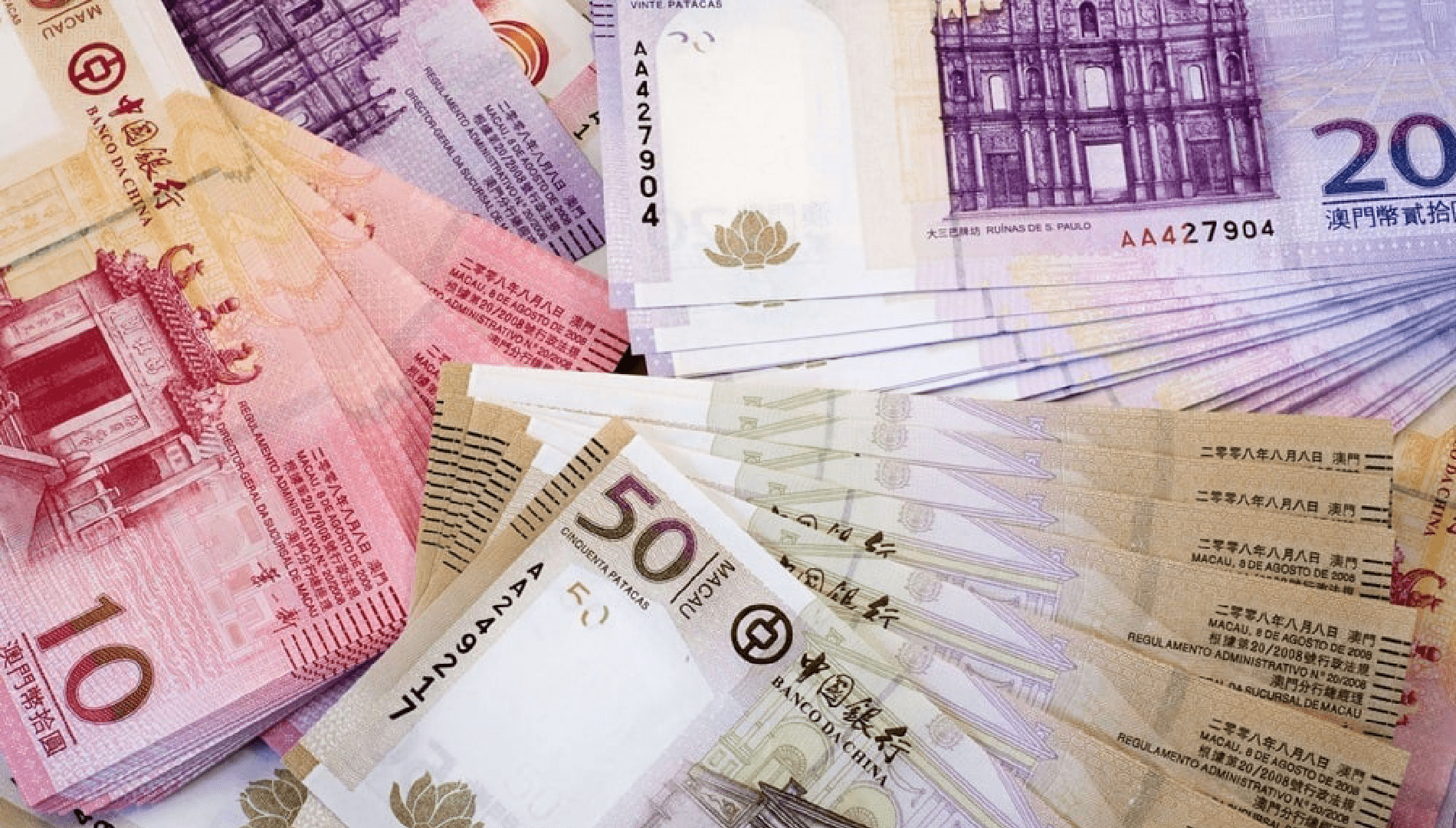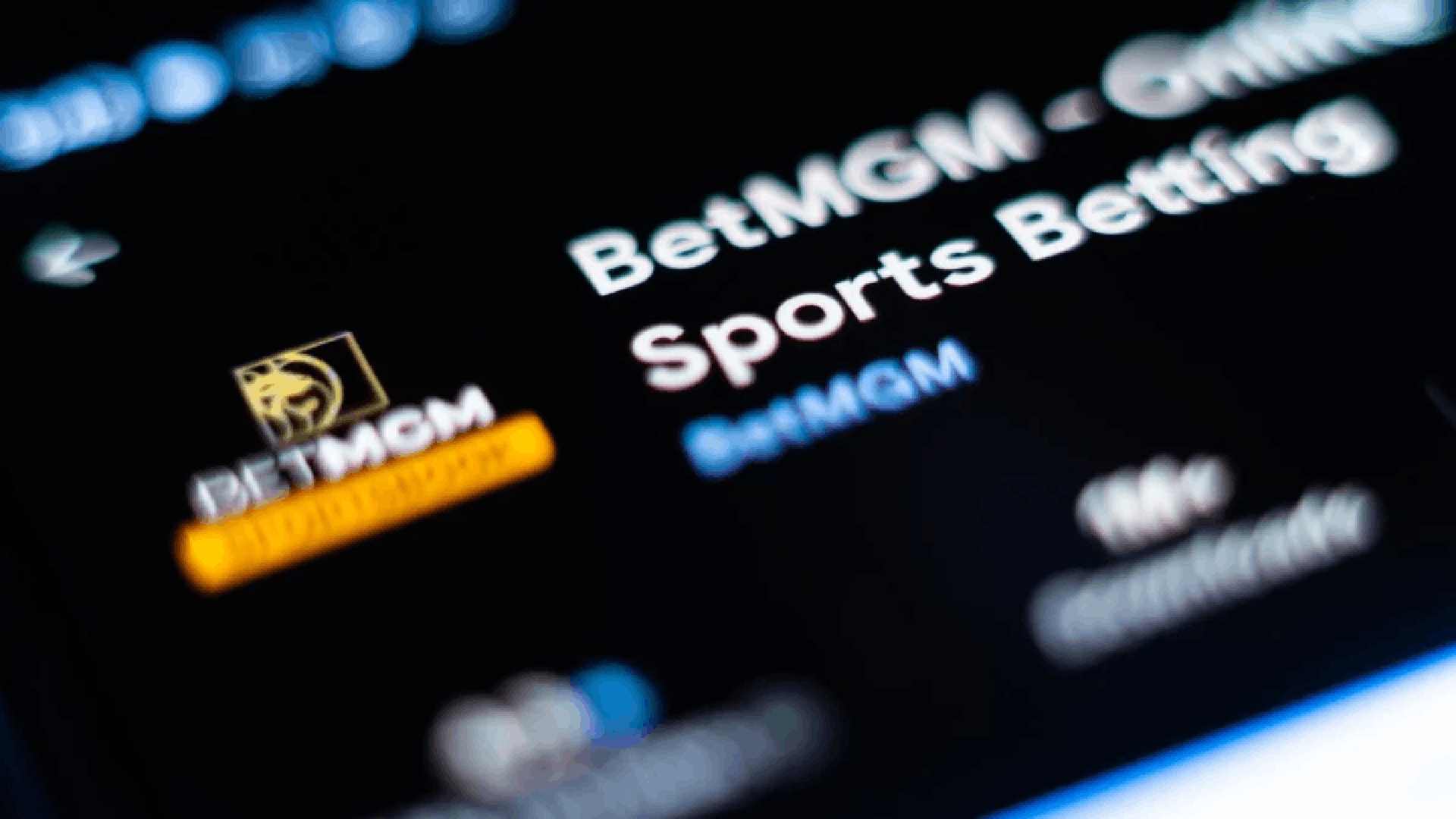Macau Casino Suspicious Transaction Reports Catapult by 90%
According to updated data from the Financial Intelligence Office of the special administrative area (SAR), Macau casinos submitted 89.1% more suspicious transaction reports (STRs) in Q1 of 2024 than in the same period the previous year.
The figures show both the general increase in transactions as Macau's post-pandemic recovery gains momentum and the tightening of regulatory measures in the casino center.
Customer actions that may be suggestive of money laundering, such as the conversion of chips when little or no gaming has occurred or the conversion of chips on behalf of other parties, are what trigger STRs.
A significant currency fluctuation can also set off STRs. Casinos must, however, submit a large-amount transaction report (LTR) for any transactions that exceed the MOP500,000 (about US$62,000).
Beijing's Impact
The latest data shows that between January and March 2024, 1,125 STRs were filed by casino operators. It is an increase from Q1 2023's 595. In contrast, the 3,431 STRs that were filed in whole of 2013 represented an 80% rise over 2019—the final year that was spared from the pandemic.
The People's Republic of China (PRC) has long aimed to purge the SAR's gaming sector through its sway over Macau.
Beijing has accused Macau's casinos, especially its junket operators, of promoting capital flight and money laundering despite the fact that gambling is prohibited in the country's mainland.
An extraordinary $202 billion in "ill-gotten funds" were transferred through Macau annually, according to a 2013 study published by the Congressional-Executive Commission of the Chinese Communist Party.
When President Xi Jinping voiced his optimism in 2014 during a visit to Macau that the SAR could "better regulate the gaming industry" with "courage and wisdom," it was clear that the writing was on the wall.
More Strict Controls
This year's casino relicensing was the first since Macau let foreign operators to operate there twenty years prior. With Beijing's tacit support, there was a chance to revamp the regulations, crack down on junkets, and create new financial requirements for casinos.
Although Macau is far from competing with its neighbor, Hong Kong, on that front, Beijing has urged the region to become a financial hub and wants it to diversify its economy in order to wean itself off of its reliance on casino-driven capitalism.
Although Macau's anti-money laundering (AML) compliance has improved over the last ten years, the British government's recent assessment on overseas business risk stated that "the risk of money laundering within the gaming industry remains of significant concern."











